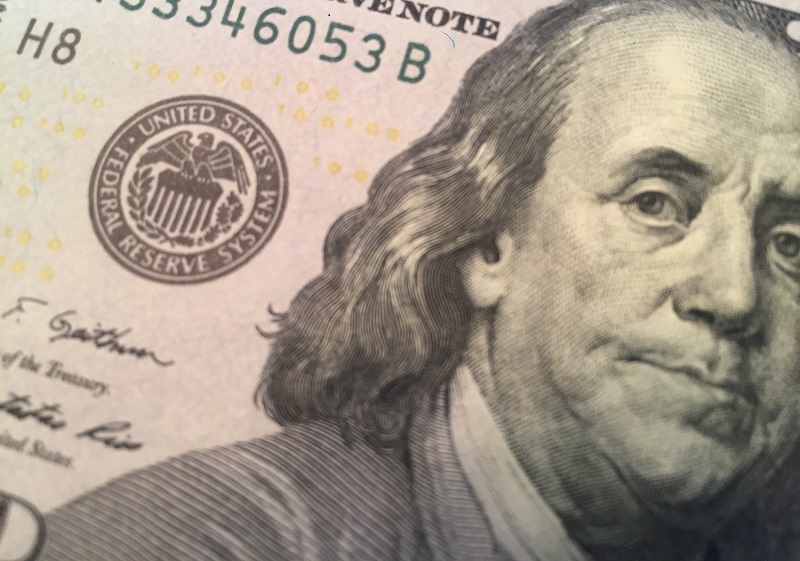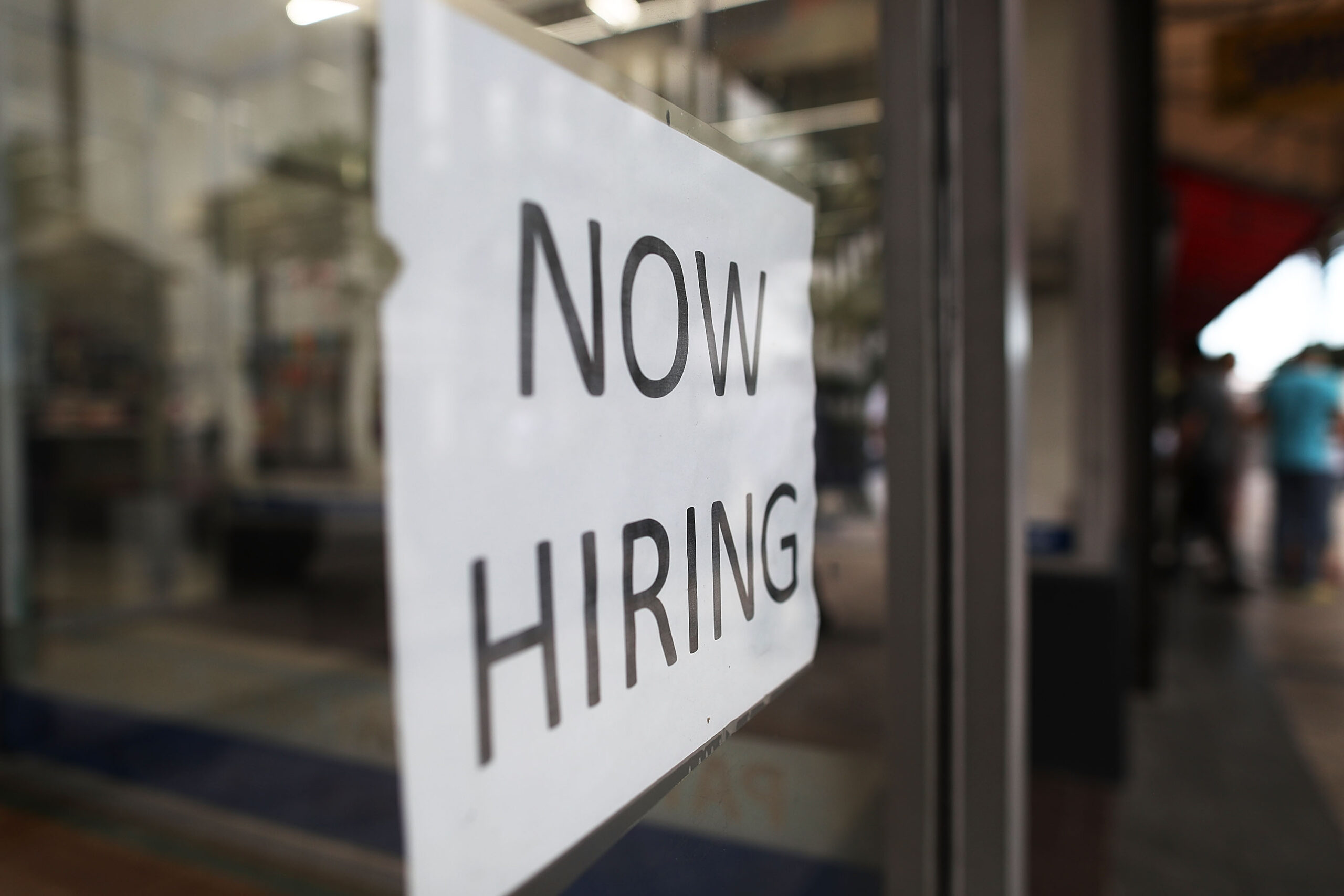Economist Sees Brighter Days Ahead in Md. — But Not For All

As Maryland lawmakers prepare to craft a budget for Fiscal Year 2022, they can expect the overall economy to bounce back “really fast” from the pandemic, an economist told a state Senate panel on Thursday.
Maryland policymakers can expect to see growth in the 5% range in each of the next two years, lawmakers were told, but the rebound is predicated largely on the approval of more federal stimulus and pent-up travel demand. And not everyone will benefit.
“What we have begun now is what we’ve been calling the post-vaccine recovery,” said Dan White, a Pennsylvania-based economist at Moody’s Analytics.
“When we think about this from a GDP (gross domestic product) perspective, it looks like a very quick recovery, but when we look at it from a jobs standpoint… we probably don’t get back to what we would consider full employment until early 2023.”
Speaking to the Senate Budget & Taxation Committee, White said economic activity likely fell around 3% last year. That would represent a significant downturn in a normal year, but he called it surprisingly small given the sweep of the COVID-19 pandemic.
White told the panel that future federal recovery efforts (extended unemployment insurance, aid to small businesses and direct payments to low-wage workers) combined with the COVID-19 vaccination campaign account for the robust growth outlook.
But he sounded several notes of caution:
- Uneven efforts at remote learning are likely to exacerbate the educational achievement gaps that existed before the pandemic.
- Many parents — mostly women — will see their careers and earnings dented by their decisions to stay home and help their children navigate computer-based schooling.
- Many small businesses — including neighborhood retailers, bars and restaurants — will not survive.
White said states like Maryland that are home to many high-wage residents need to keep abreast of how Congress deals with elements of the 2017 tax law that begin to expire in years ahead. That measure was controversial because it favored the wealthy at a time of growing inequality.
“High-income taxpayers are likely to see their taxes go up fairly considerably at the federal level over the next year and a half,” he said. “The degree to which you are coupled with the federal laws, especially on the corporate side, but also the personal income tax side, is going to be an important thing to think about over the course of the next 12 months.”
Given the rise in telework and the temporary loss of nightlife, cities like Baltimore are likely to lose population, White said. That could lead to the need for additional infusions of state aid.
The good news, he said, is that people who have been stuck at home are now eager to travel. He predicted that communities like Ocean City will benefit from “a tremendous amount of pent-up demand for travel.”
“It means that most of the leisure-hospitality portions of the economy can start to be open by May/June/July,” he said. “That’s a big deal in terms of visitor numbers.”
“My wife wants to send us on like six different vacations in 2021,” he added.



 Creative Commons Attribution
Creative Commons Attribution